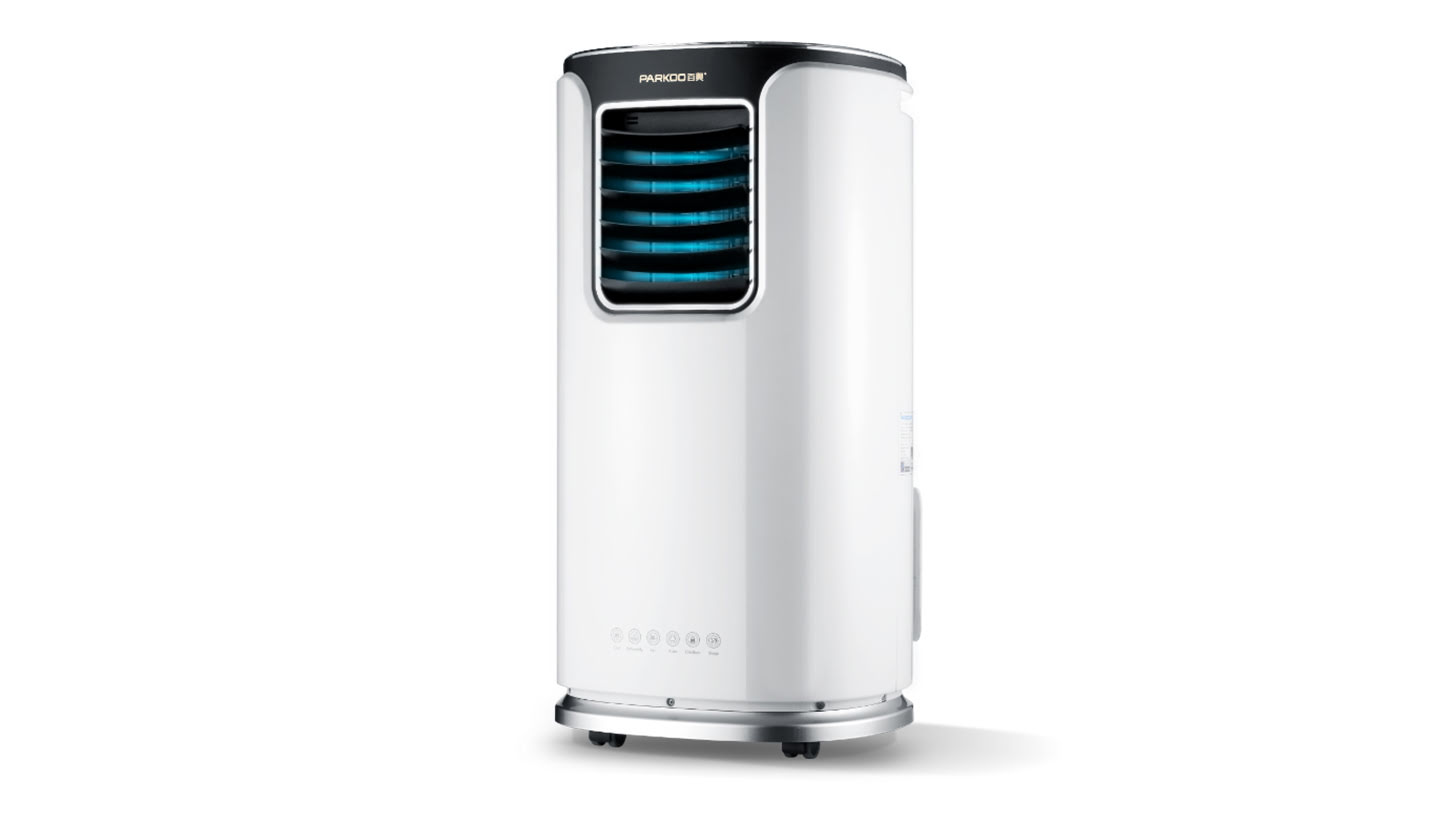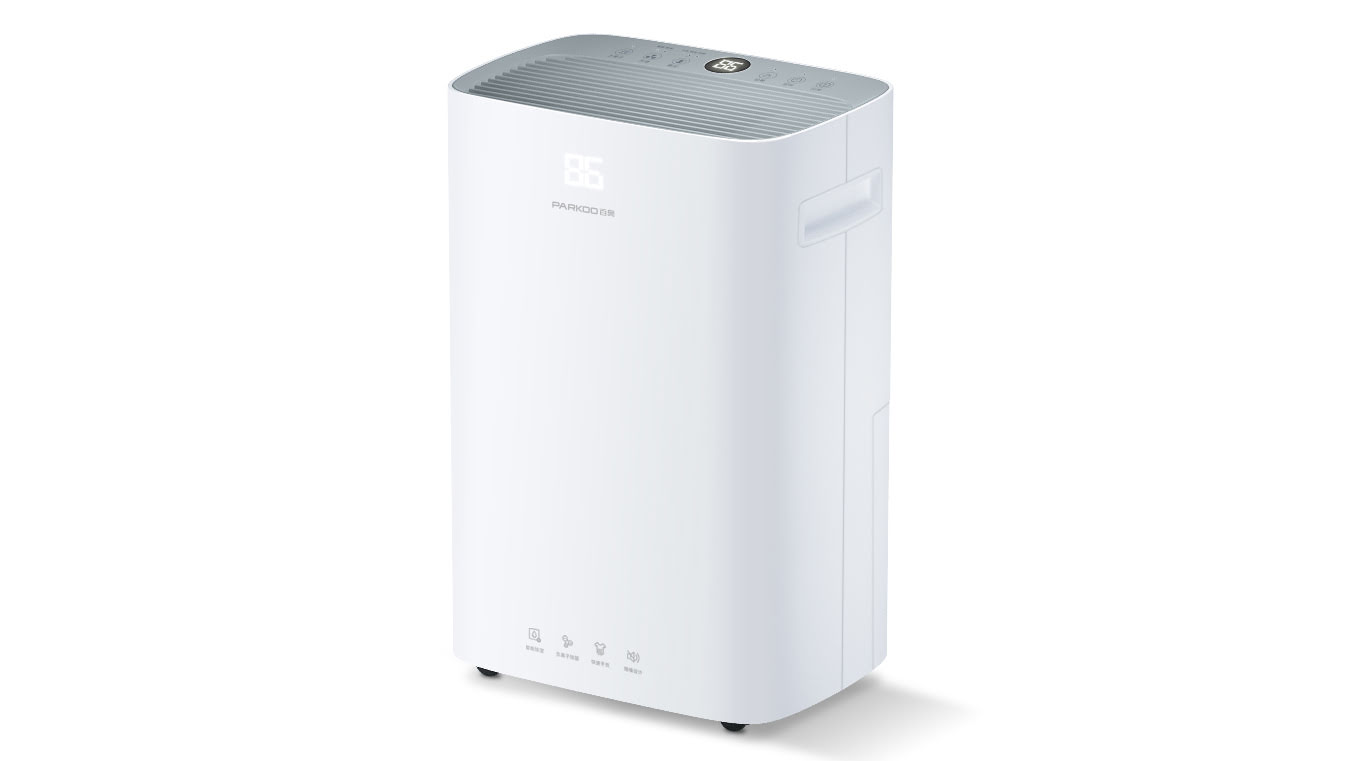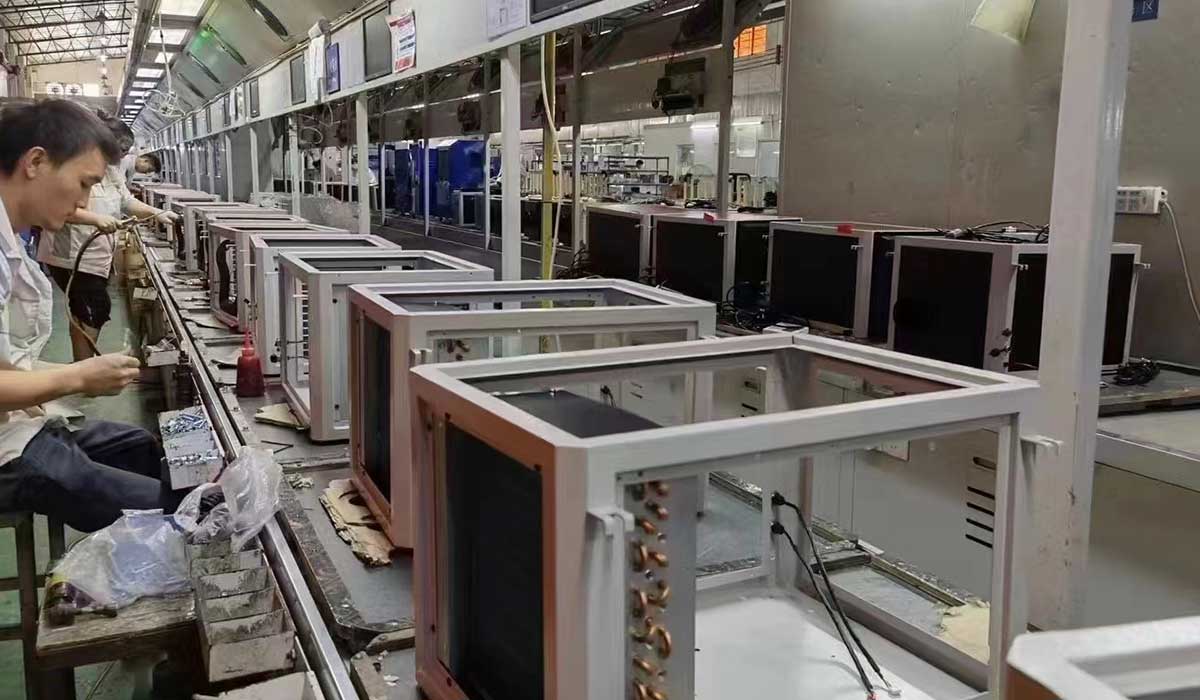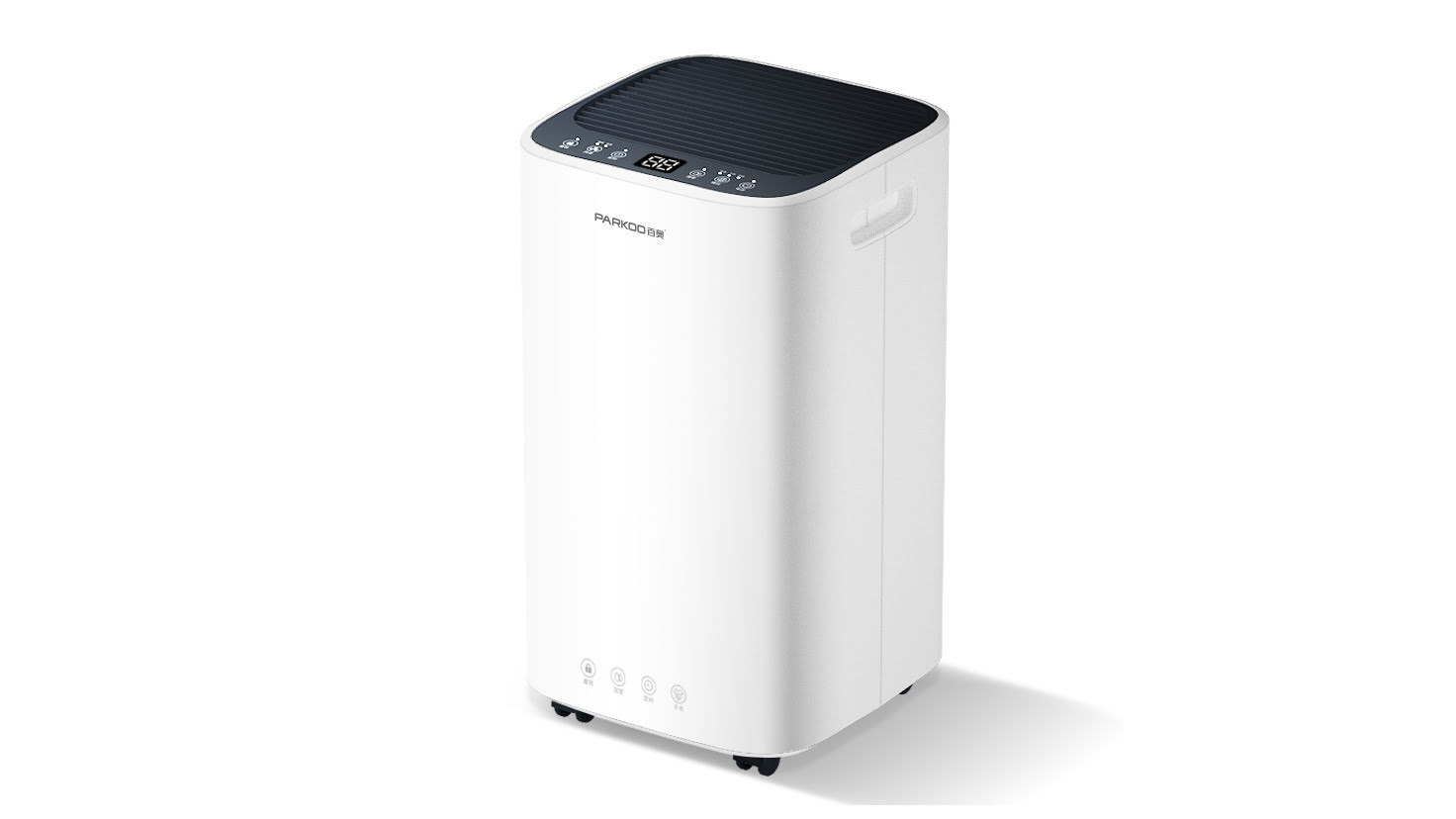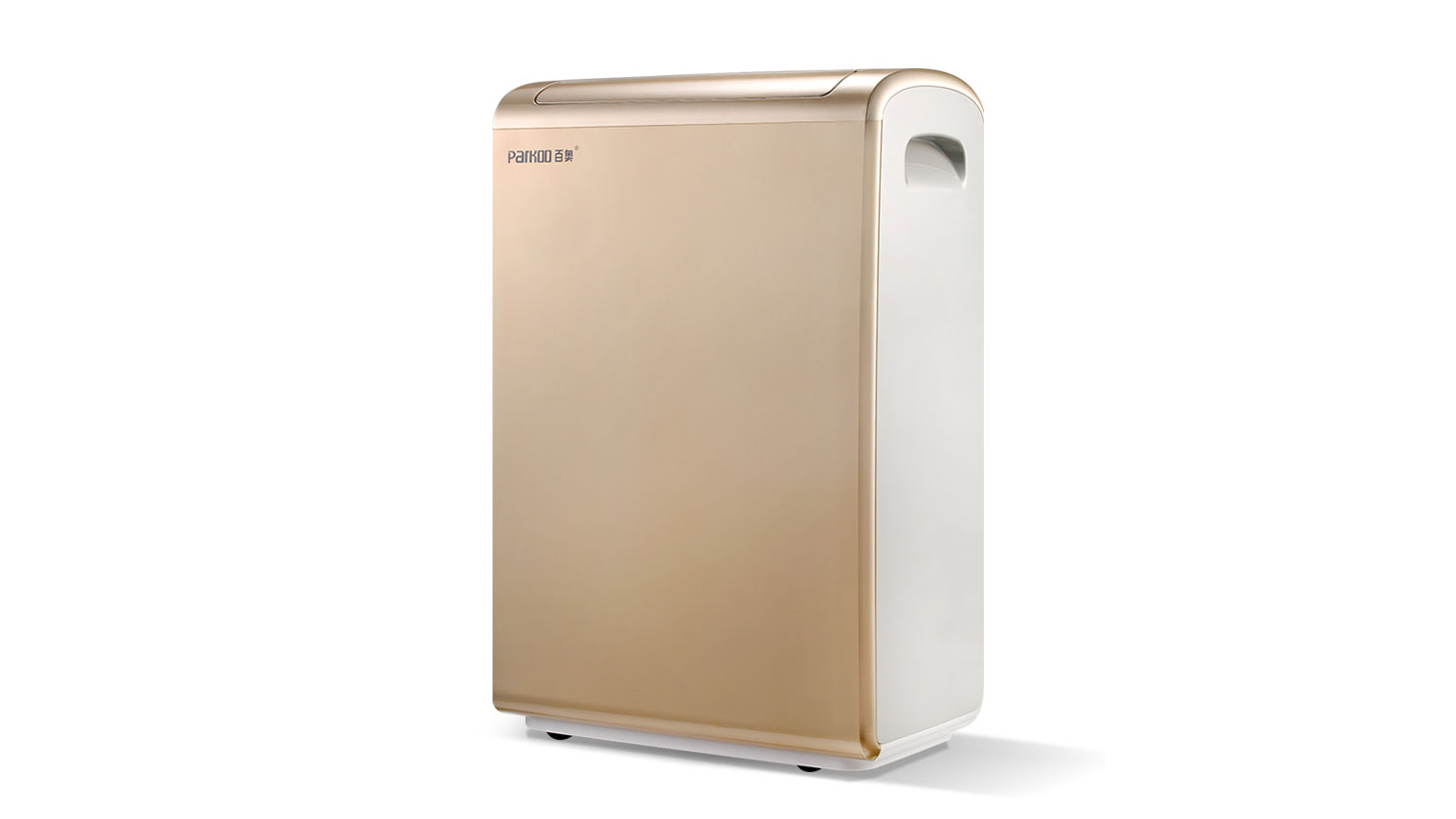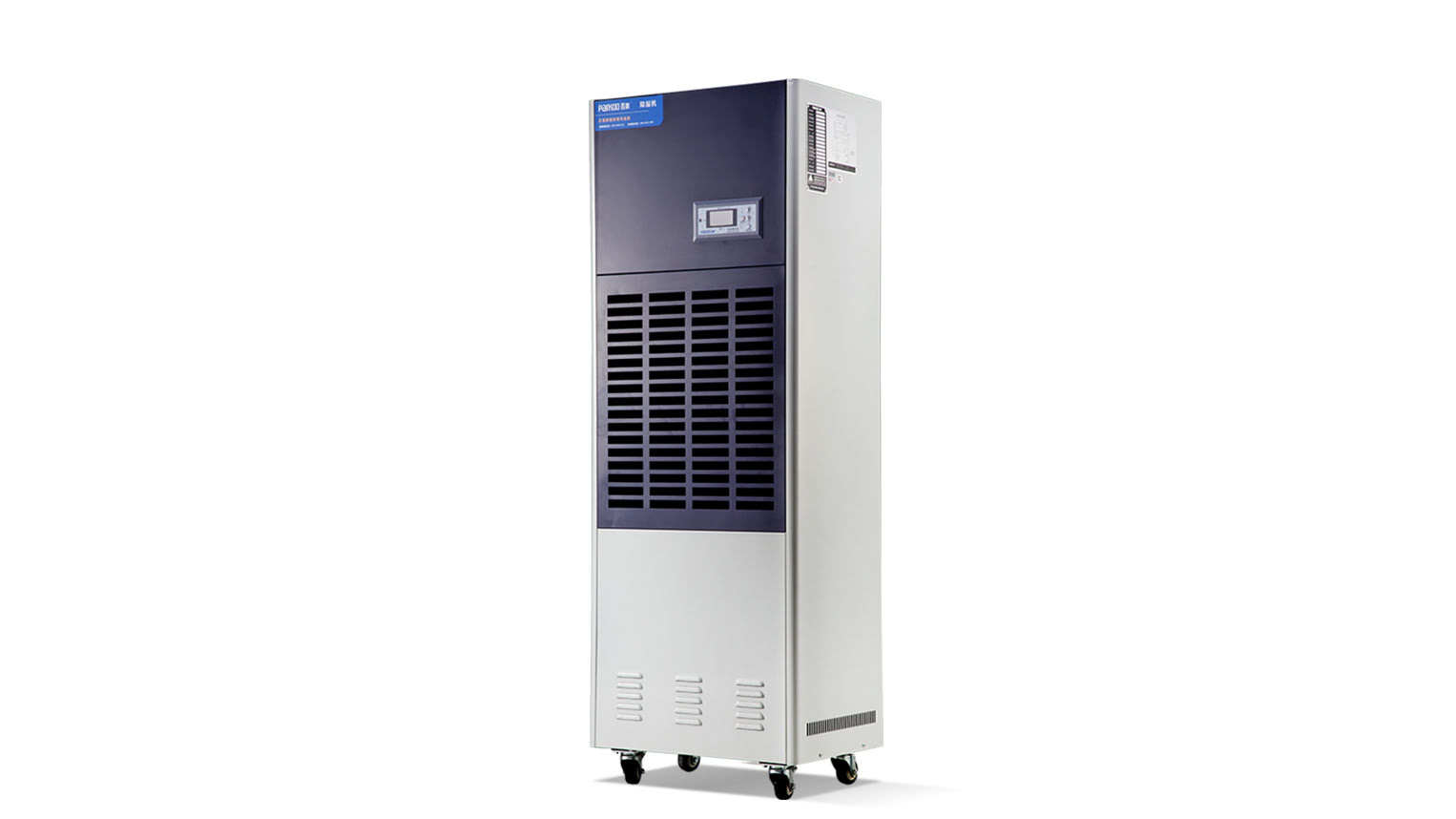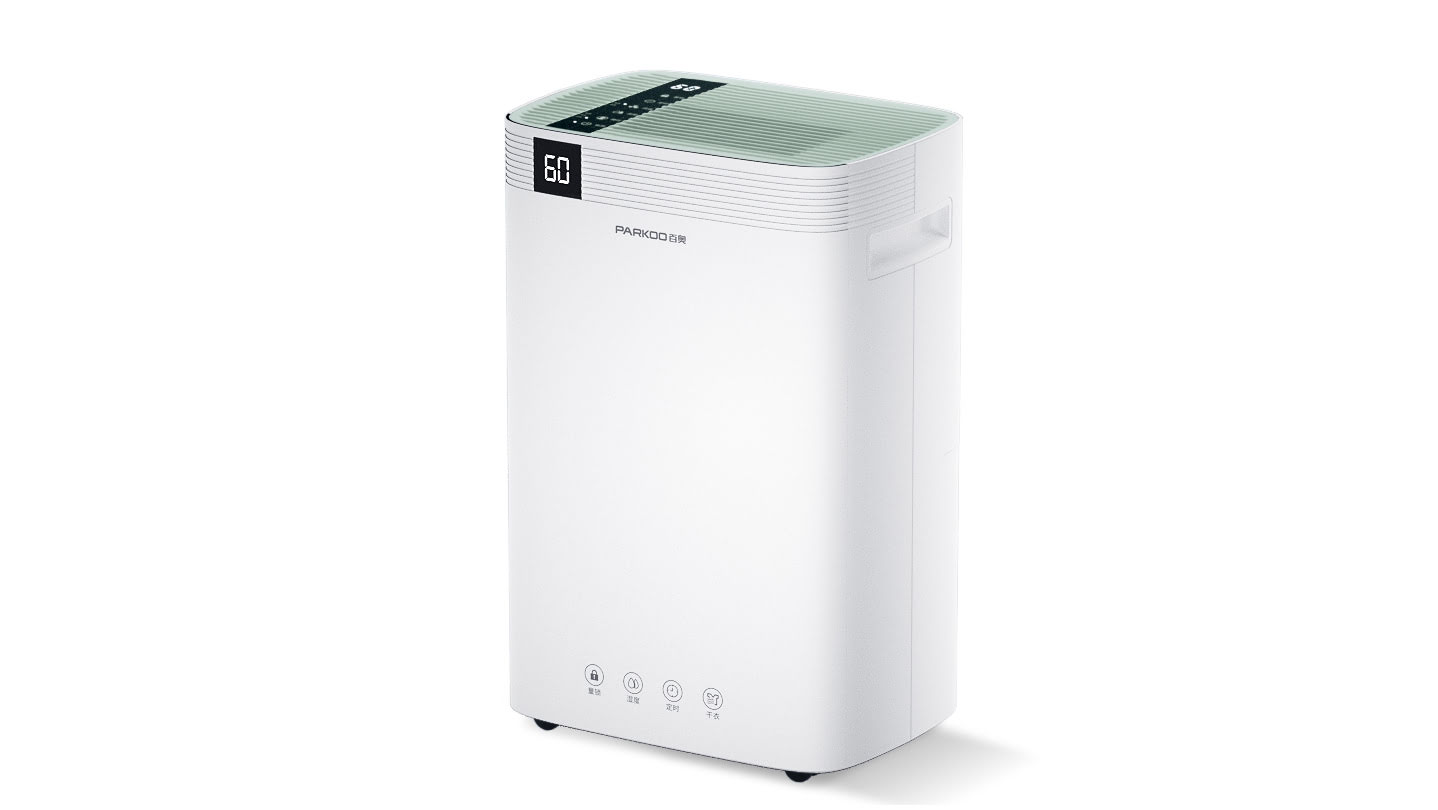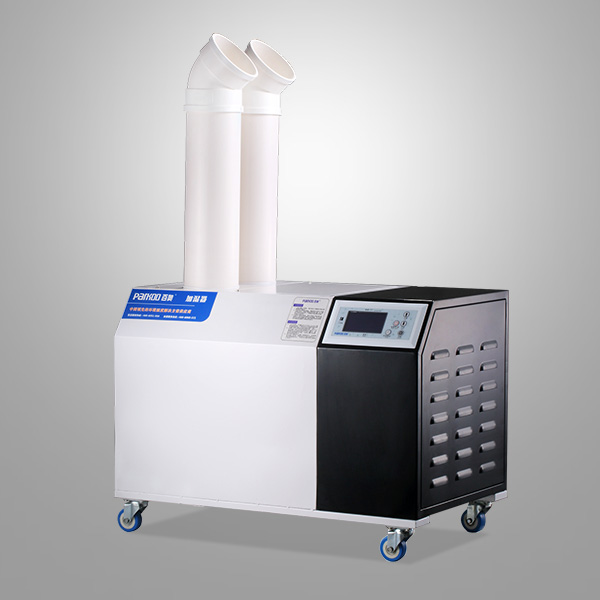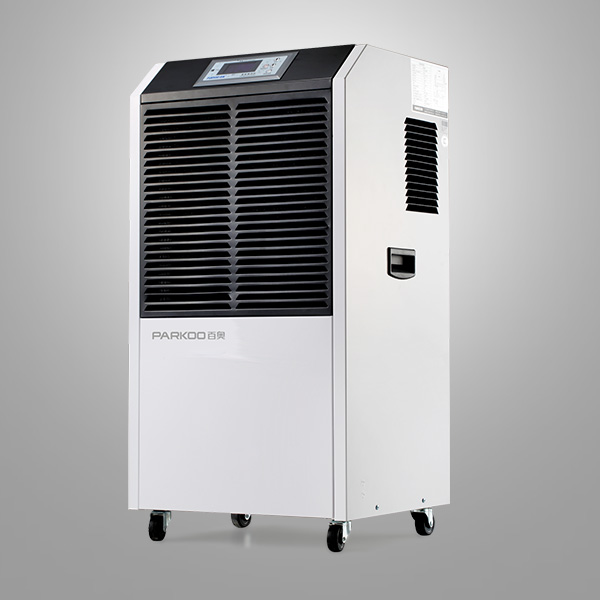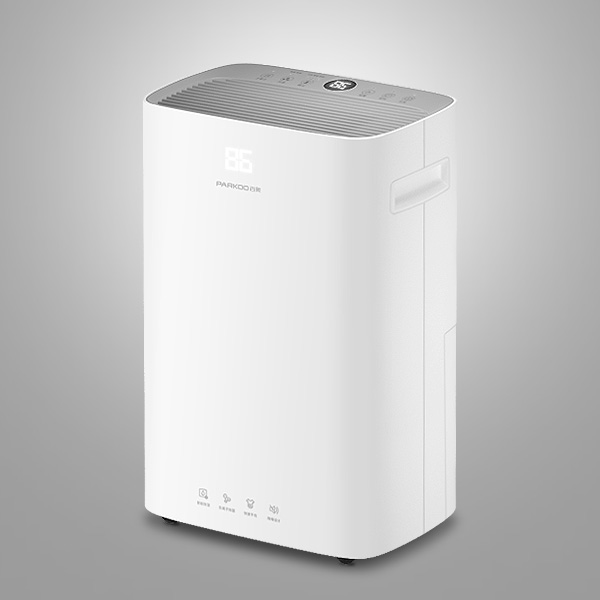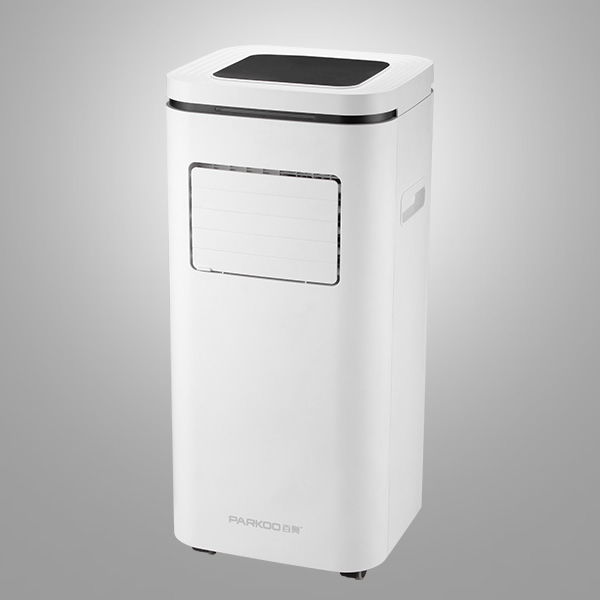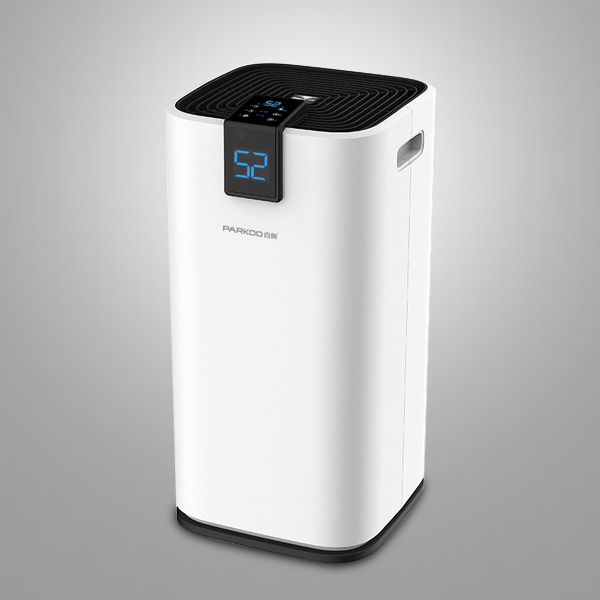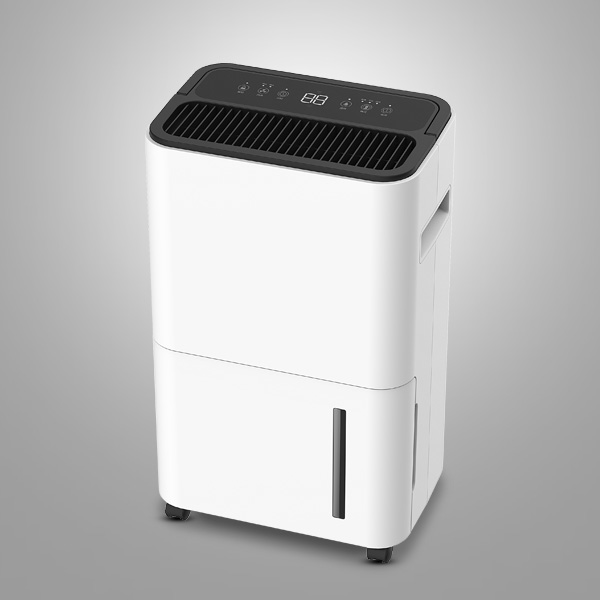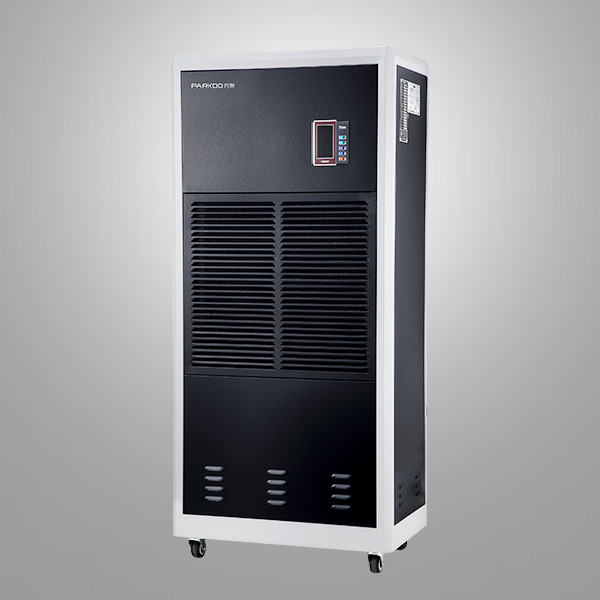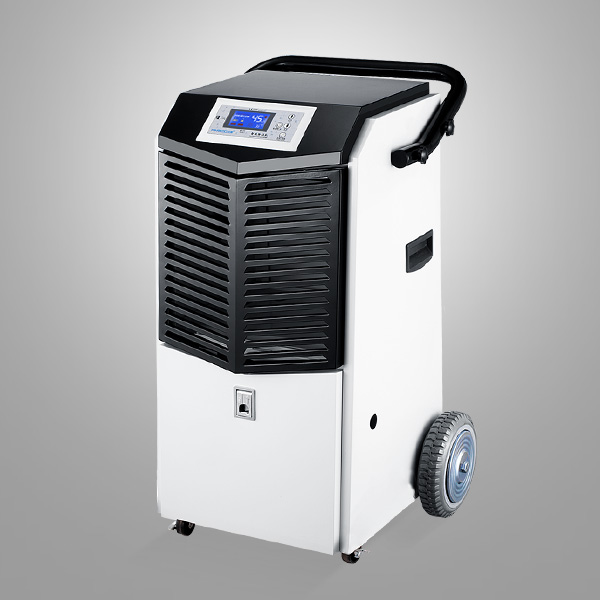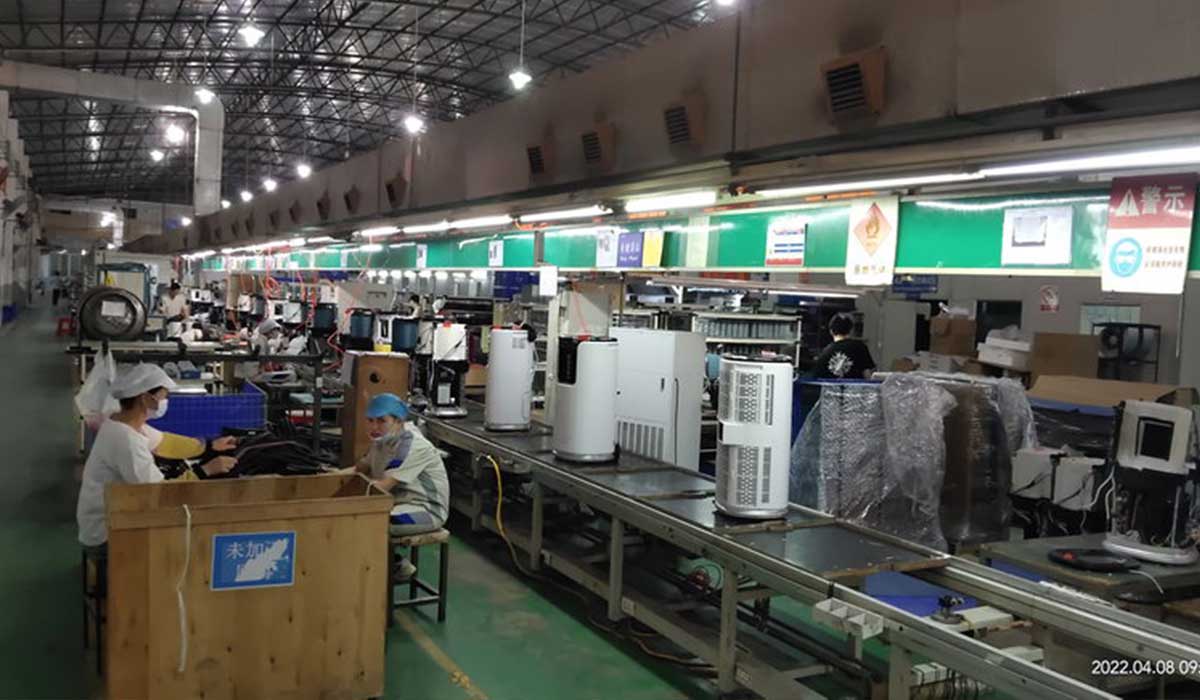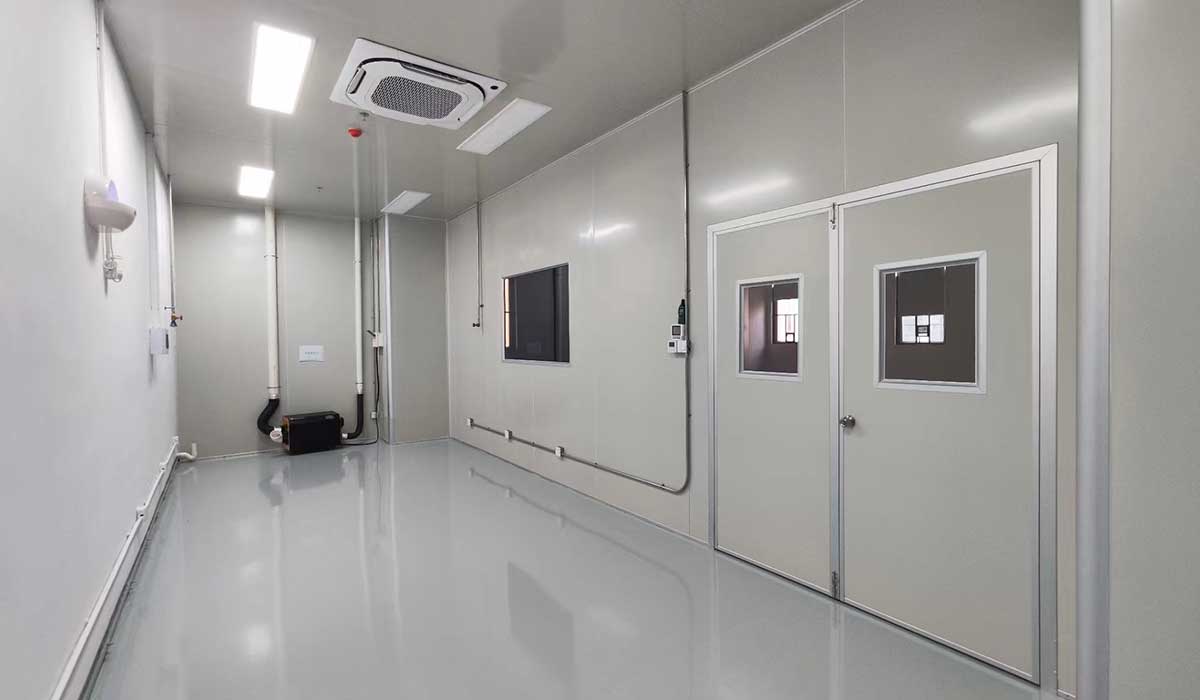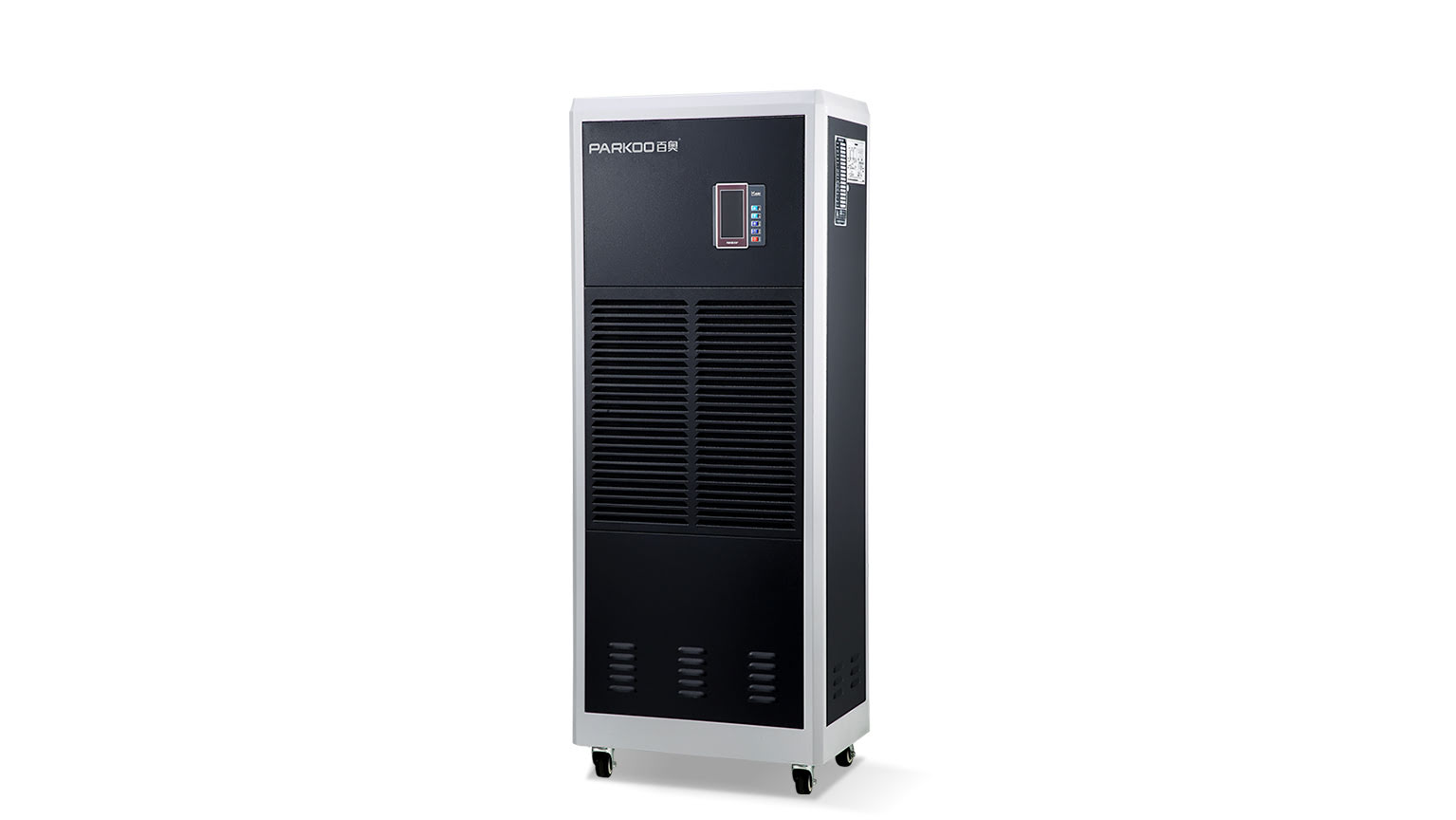Humidity-related issues
Cheese is a by-product of cow's milk, produced by goats, sheep and other mammals by curdling the milk and expelling the whey. The curdling is accomplished first by acidification with bacterial cultures and then by adding enzymes to thicken the liquid. Powdered cheese is also used in dips, dressings, crackers, chips, and directly as a flavoring for hot dishes such as pasta and soups. Cheese needs to be refrigerated to maintain its freshness. However, lowering the temperature can cause condensation, which can lead to mold growth.
Typical dairy, cheese and powder processing units address the following humidity-related challenges
Wet surfaces in cheese processing areas due to condensation
Risk of mold growth and bacterial development in critical locations due to wet surfaces and high humidity
Unpredictable curing times and quality degradation due to external humid conditions
Variable productivity and product waste due to layers of fungus and mold after curing time
Risk of moisture regain during the cooling phase of the cheese powder before packaging
Keeping humidity at the right level in the Cheese Cure Room has some beneficial effects. However, new food safety and standards regulators require all food processing areas to be free of ceiling condensation.
Conventional methods used
In many conventional cheese processing facilities, drying is based on heat and ventilation. This drying process leads to unpredictable product quality due to outdoor climate and seasonal variations.
Conventional HVAC systems, due to the moisture in the product itself, keep the RH around 90% / 22°C + -2 (72 + -28).
General recommendations
It is recommended that the ambient relative humidity be maintained between 45% and 55% for optimum performance and reliability at 20°C to 22°C (68°F to 72°F) at room temperature.
dehumidification and Moisture Solutions
Industrial moisture control dehumidifiers remove moisture from the air in processing, storage and packaging areas, helping to improve quality and prevent spoilage. Humidity control is the best alternative solution for the production of high quality cheese made by hand. With industrial moisture control dehumidifiers, producers can have complete control over the curing time and quality of their cheese and avoid mold formation in cheese processing facilities. Inlet air dehumidification in spray drying and fluidized bed drying prevents seasonal variations in production capacity.
Advantages of industrial moisture control dehumidifiers in cheese processing facilities
Drying at lower humidity levels ensures consistent quality of cheese products
Helps reduce curing time by up to 70
Eliminates the need for mechanical removal of mold layers prior to packaging
Helps preserve the original quality, flavor and texture of the cheese
Prevents condensation, thus eliminating contamination, fungal growth and wet surfaces
Increases productivity as a production program, regardless of current weather conditions
Improves hygiene and sanitation and reduces waste
Easy to install, compact, self-contained and can be placed anywhere
Energy efficient
